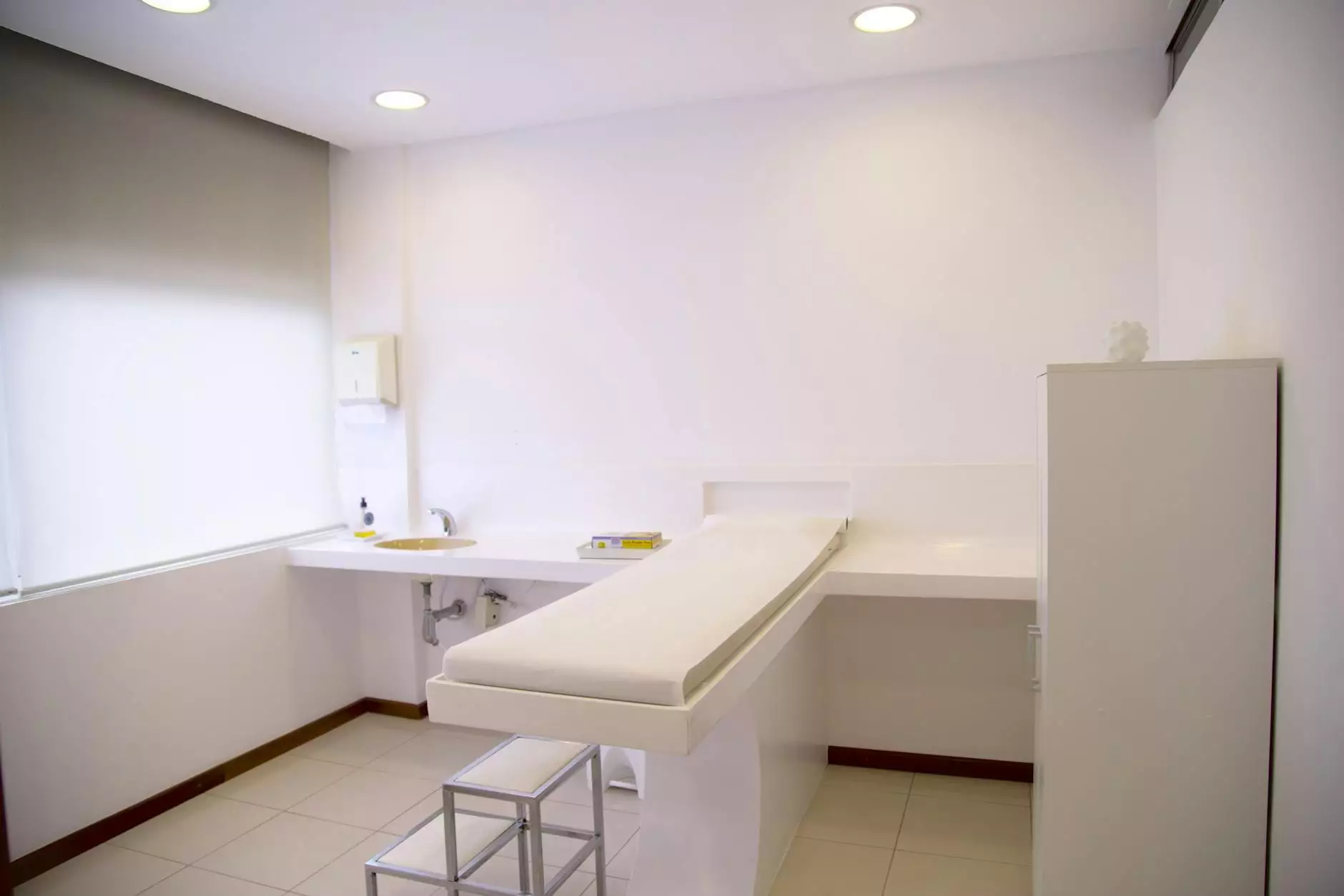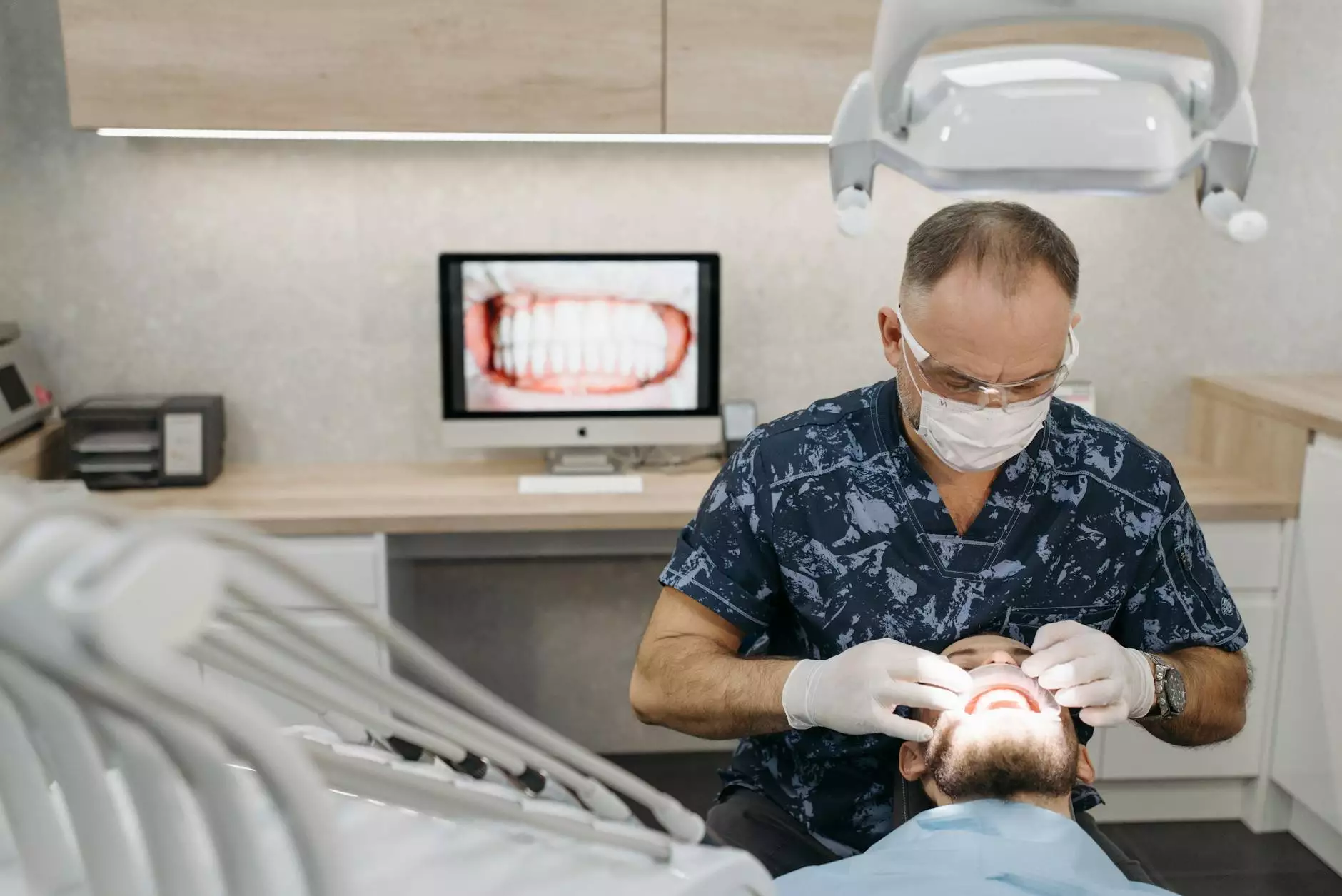Understanding Epididymal Cyst Removal: A Complete Overview

What is an Epididymal Cyst?
Epididymal cysts are fluid-filled sacs that develop in the epididymis, a coiled tube located at the back of the testicle. They are generally benign and can be filled with a thick, clear fluid. While many men may have epididymal cysts without even being aware of them, some may experience discomfort or other symptoms warranting further investigation and potential epididymal cyst removal.
Causes of Epididymal Cysts
The exact cause of epididymal cysts is often unknown, but several factors may contribute to their formation, including:
- Blockages in the epididymis: These can occur due to infections or previous injuries.
- Genetic predispositions: Some individuals may be genetically predisposed to develop these cysts.
- Hormonal changes: Fluctuations in hormone levels may also play a role.
Symptoms of Epididymal Cysts
Most epididymal cysts do not cause any symptoms, but when they do, individuals might experience:
- A noticeable lump in the scrotum that can be moved easily.
- Dull pain or discomfort in the scrotal area, especially during physical activity.
- Swelling of the testicles, which might cause concern.
If you notice any changes or abnormalities in your scrotal area, it's advisable to consult a healthcare professional.
Diagnosis of Epididymal Cysts
To diagnose an epididymal cyst, a healthcare provider may perform the following:
- Physical Examination: A thorough examination of the scrotal area to identify any lumps or swelling.
- Ultrasound: This imaging test uses sound waves to create pictures of the structures within the scrotum and can confirm the presence of cysts.
- Medical History: Discussing any previous medical issues, symptoms, and family history of similar conditions.
Treatment Options for Epididymal Cysts
Not all epididymal cysts require treatment. In many cases, if they are asymptomatic, they may simply be monitored over time. However, if the cyst causes significant pain or discomfort, epididymal cyst removal may be recommended. Treatment options include:
1. Observation
If the cyst is small and asymptomatic, doctors might recommend a wait-and-see approach.
2. Medications
Over-the-counter pain relievers, such as ibuprofen or acetaminophen, can help alleviate mild pain or discomfort.
3. Epididymal Cyst Removal Surgery
If surgical removal is necessary, the procedure typically involves the following:
- Local or general anesthesia: Depending on the case, the procedure may be performed under local or general anesthesia.
- Incision: A small incision is made in the scrotum to access and remove the cyst.
- Closure: After the cyst is removed, the incision is closed with sutures, and a dressing is applied.
Postoperative Care and Recovery
After undergoing epididymal cyst removal, patients are advised to follow specific care instructions to ensure a smooth recovery:
- Rest: It's crucial to rest and avoid strenuous activities for several days.
- Icing: Applying ice packs can help reduce swelling and provide pain relief.
- Pain Management: Any prescribed pain medications should be taken as instructed.
- Follow-up Appointments: Attending scheduled check-ups with your healthcare provider will ensure proper healing.
Most individuals can return to normal activities within a few weeks after surgery, but it is essential to listen to your body and give yourself adequate time to heal.
Potential Risks and Complications
Like any surgical procedure, epididymal cyst removal carries some risks and potential complications. They may include:
- Infection: Surgery can lead to infection, requiring additional treatment.
- Bleeding: Excessive bleeding may need to be monitored.
- Scarring: There may be visible scars where the incision was made.
- Recurrence of the cyst: In rare cases, cysts may return after removal.
The Importance of Choosing a Qualified Surgical Center
If you are considering epididymal cyst removal, selecting the right medical center is crucial. Consider the following factors:
- Accreditation: Ensure that the facility meets established healthcare standards.
- Experienced Surgeons: Look for surgeons who specialize in epididymal surgeries with a proven track record.
- Patient Reviews: Check patient testimonials and outcomes for previous surgeries.
- Postoperative Care: Evaluate the level of care provided after surgery, including follow-up support.
Conclusion
In summary, understanding epididymal cysts and the epididymal cyst removal process is vital for any individual who may be facing such a diagnosis. While these cysts are often benign and asymptomatic, when they do cause discomfort, removal can significantly improve quality of life. Always consult with qualified healthcare professionals for personalized advice and treatment options. Prioritizing your health is paramount, and with the right information and support, you can navigate your medical journey with confidence.
For more information or to schedule a consultation, visit us at mediglobus.com.









